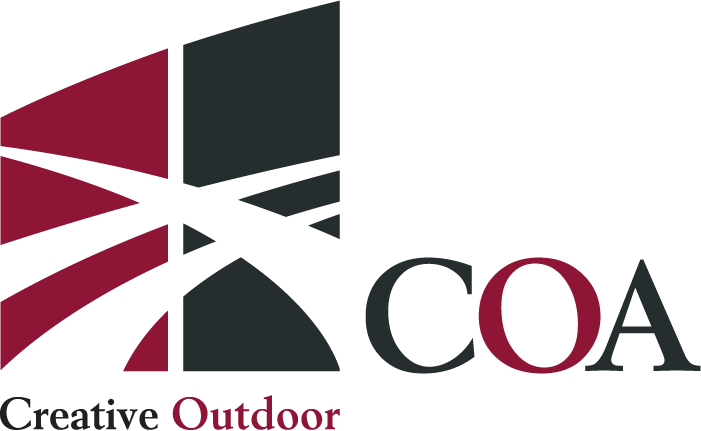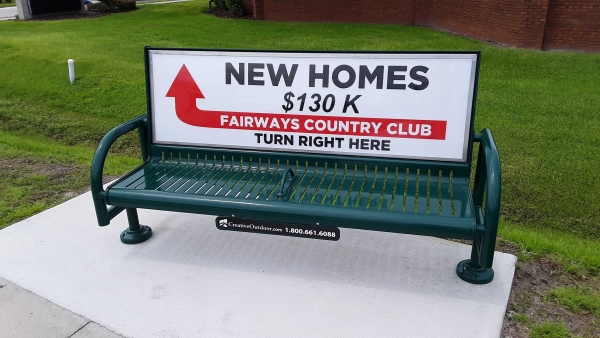Among traditional media, out-of-home (OOH) is the only channel growing while TV, radio, newspapers, magazines and directories are all contracting. And digital OOH, especially programmatic, is growing much more rapidly. The combined sector this year will exceed $8 billion in ad spending, according to the Outdoor Advertising Association of America.
In many ways, OOH is the perfect hybrid medium for this fraught media moment. It combines the high-impact creative associated with TV, with the advanced audience targeting and attribution capabilities of digital marketing. The latter have come about through a partnership with mobile devices and location data.
Proving OOH ROI with location data
As one example, Vistar Media, which operates a digital OOH programmatic network, has partnered with Foursquare for audience insights and foot traffic measurement. This enables brands to track the impact of digital OOH ad exposures on incremental foot traffic and store visitation. Other networks, including Clear Channel and JCDecaux offer similar measurement capabilities.
Michael Provenzano, CEO and co-founder of Vistar, told me that programmatic DOOH generated about $150 million in revenue last year but is experiencing 70% year-over-year growth and headed to $1 billion by 2024, according to industry forecasts.
He added that “Out of home is about 4% to 6% of the brand budget today, but it’s only about 1% for CPG, so there’s lots of headroom.” He definitely believes that attachment of mobile-location data and store visitation tracking has been a critical development for the industry. “If you can’t prove ROI, you aren’t going to get a larger investment,” he said.
OOH + mobile = creative combo
Beyond this, OOH media is more “brand safe” than online display advertising. There’s also no viewability issue with traditional OOH. Digital OOH placements and creatives can also change throughout the day as audiences migrate from place to place: at commute times, during the day and after work. And that’s literally true with digital “taxi top” displays.
There are also some very creative combinations of OOH and mobile happening. A stand-out example is the Waze-McDonald’s campaign that connected OOH billboards with in-car ads on Waze. Another is the recent HBO campaign for the show Watchmen. The campaign integrated augmented reality with JCDecaux bus shelter ads in New York and LA to great effect (see video below).
“AR will play a role in continued growth of OOH; we’ll see a lot more of that a year or two,” said Brian Rappaport, founder of Quan Media Group, an agency dedicated to OOH. He expresses great optimism about the future of OOH, adding that there are a lot of exciting opportunities, “at music festivals and other types of events, with digital screens in physical locations.”
Improves efficiency of other media
Rappaport also points out that OOH placements gain additional reach through other channels and drive social sharing and digital lookups on mobile devices. According to Nielsen research, cited by Facebook, “nearly 4 in 10 adults surveyed (38%) in the US say they have visited a Facebook page or posted on Facebook after seeing an OOH ad, and 25% have posted to Instagram.” And in a case study involving Danone yogurt in Europe, OOH was more effective than print or TV in introducing new products to Millennials and members of Gen Z.

